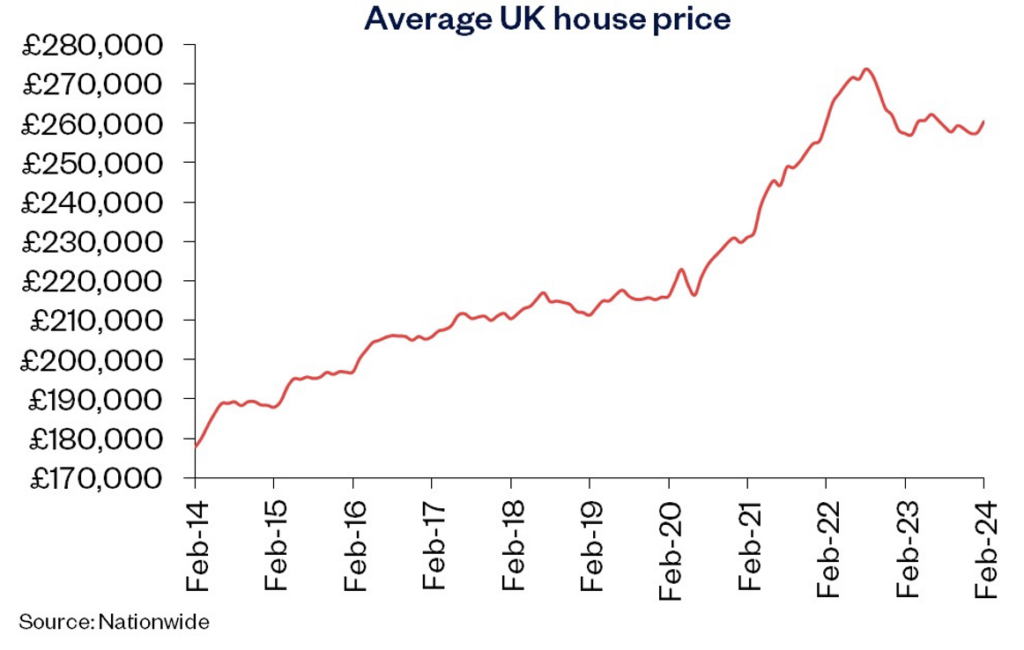A Widow’s Ruin?
Dominic Thomas
Sept 2024 • 4 min read
A Widow’s Ruin?
The summer often produces plenty of occasions to open a bottle of bubbly as we celebrate various events or are simply enjoying ourselves. Perhaps this summer you have celebrated something, maybe a wedding, an anniversary, a big birthday or one of your family graduating. Champagne is invariably linked with celebration.
Living in the Surrey Hills, a short walk from Denbies, I have come to appreciate some of the English attempts to create Champagne – though of course we cannot call it such as it’s from Surrey not the Champagne region. I’m informed that the geology of the Champagne region of France is shared with Dorking (probably not news to the geologists amongst you). Anyway, perhaps you have your favourite – English, French, Spanish or Italian.
When it comes to naming things properly, I was intrigued by the story of Veuve Cliquot (in French meaning Widow Cliquot) which has now made the transition from a 2009 book by Mazzeo to a musical and now to film and is being retold at selected cinemas, so may be one to catch at home for most people.
The story is of the woman behind this now historic and luxurious brand. Business owners will relate to some of the struggles that she faced and conquered, not least of which were the weather, Napoleonic wars and general misogyny of the day. Women will relate, frankly because things have not moved on anything like as much as they should!
Quite how much is fact or fiction isn’t really that important; the messages of the film are there to be taken. Tenacity, optimism, acknowledgement of an inability to control the things you cannot, acceptance of the reality of things; stoic fortitude ushers in change by remaining true to principles and high standards. This is all beginning to sound a lot like the qualities that investors need to attain isn’t it.
I did not know the story and I was unaware of the meaning of ‘veuve’ – my O’ Level French has never been tested beyond very enjoyable trips to France. Whilst I am a regular consumer of wine, I wouldn’t regard myself as an expert; but I have come to enjoy Champagne over the years!
What I find generally inspiring are the stories behind many well-known companies. The original ‘Founder Story’ has been an often neglected element of most marketing, including our own. As Solomon’s celebrated our silver anniversary this summer, I was reminded that perhaps this is a little more than simply reminiscing. Of course there are many Founders and characters that are entirely unpleasant, which is often a subjective opinion, but sometimes … well not so much. Today, we are in a highly inter-connected world and we are all aware of particular billionaires or multimillionaires who are lacking any of the attributes that demonstrate much humanity.
I will never meet Barbe-Nicole Ponsardin who died in 1866 and I am highly unlikely to meet Mr Musk; but I have formed an opinion about both, based on the values that I hold. Yet this is perhaps the heart of the complexity of ethical, socially responsible or ESG investing. The world is complex, people are many things. To some, holding shares in an alcoholic beverage company is unethical, yet holding shares in Twitter (or whatever he wants to call it) invariably will not be screened out of portfolios. The focus is based on the product rather than those behind them.
How we use or minds, tools, resources, time and money are our unique choices and important to each of us being true to ourselves – however many selves we might each be, have or become. I can tell you that I shall be favouring (revealing my biases) the widow’s Champagne. A young woman who was widowed at 27, took on an embryonic vineyard, battled social norms and obstacles, fought for her own financial independence, eventually turning it into a legacy of quality, used in moments of joy and celebration. Now, that’s something that I think is worthwhile.
Here is a trailer for the new film produced by and starring Hayley Bennett, along with Tom Sturridge, Sam Riley and Ben Miles:



